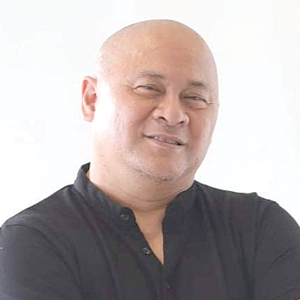ONE of the greatest contributions of the internet and social media is the democratization of access by people to information, not only as consumers, but also as its sources and content creators. Tragically, this blessing has turned into a curse when just practically anyone who knows how to Google search and has the audacity to claim expertise in the guise of just expressing an opinion has acquired a platform. Worse, and riding at the back of political polarization and blind idolatry, this breed of pseudo-experts has challenged and, armed with a huge army of followers, overwhelmed those who really have the credentials.
There is a palpable anti-science, anti-profession agenda among many social media enablers. The sentiments of ordinary voices that have long been marginalized by elite institutions have attached their expressions to the agenda of political vendetta, as a form of payback, where formal degrees and credentials are devalued. In fact, suffixes that bestow professional titles have become markers for derision by the ordinary as essentially elitist and out of touch. It does not help that most universities have taken up contradictory and hostile positions in relation to a large swath of the masses. This structure of discursive cleaving found its clearest manifestation when pro-Duterte and pro-Marcos social media vloggers and their followers battled with professional academics who identified themselves as Duterte and Marcos critics. The academic universe was imaged as dressed in the color pink, and it did not help that this was reinforced by facades and gates of known universities that actually displayed the color.
Continue reading with one of these options:
Ad-free access
P 80 per month
(billed annually at P 960)
- Unlimited ad-free access to website articles
- Limited offer: Subscribe today and get digital edition access for free (accessible with up to 3 devices)


